Your forced air cooling system often gives clear warning signs when it needs attention. These can include unusual noises, weak airflow, strange odors, or higher energy bills. Recognizing these symptoms early can save you from uncomfortable days and expensive emergency repairs.
As we head into summer 2025, many homeowners are starting to worry about their cooling systems. Will your AC be ready when the hot weather hits? It’s better to find out now than during the first heatwave of the season.
We recommend scheduling forced air cooling maintenance before temperatures rise. Regular AC service not only prevents breakdowns during peak summer but also extends your system’s lifespan and improves efficiency. Our forced air cooling services include checking refrigerant levels, cleaning components, and testing performance to ensure your home stays cool all summer long.
In this article, you’ll learn how to recognize early warning signs that your forced air cooling system needs service, before the summer heat arrives. Acting now can help prevent breakdowns, save on repairs, and ensure your home stays cool and comfortable when temperatures soar.
You'll see the following topics:
- Major signs your forced air cooling system needs service
- Impact of malfunctions on comfort and efficiency
- Key components to check before summer
- Benefits of timely AC maintenance and service
Let's get started!
Major signs your forced air cooling system needs service
Your forced air cooling system provides several warning signs when it needs professional attention. Recognizing these signals early can prevent uncomfortable indoor conditions and costly emergency repairs.
Uneven cooling in forced air systems
When your system struggles to maintain consistent temperatures, it’s time for service. One clear indicator is your home not cooling properly despite the thermostat being set correctly.
You might notice some rooms feeling cooler than others or experience fluctuating temperatures throughout the day. Poor airflow from vents often accompanies these issues, making certain areas feel stuffy and uncomfortable.
Check if your system runs longer than usual to reach the desired temperature. This increased runtime not only affects your comfort but also leads to higher energy bills.
Dirty filters, blocked dampers, or refrigerant issues can all cause these cooling problems. Forced air cooling maintenance helps ensure proper airflow and efficient temperature control throughout your air-conditioned space.
Strange noises and odors from your forced air system
Unusual sounds from your cooling system are never normal. Listen for grinding, squealing, or banging noises that may indicate problems with the blower motor or compressor.
Rattling sounds often point to loose components, while whistling suggests airflow restrictions. Outdoor units might produce loud humming or vibrating when components begin to fail.
Foul odors deserve immediate attention. Musty smells typically indicate mold growth within the system, which can severely impact your indoor air quality. A burning smell might signal electrical issues requiring urgent professional assessment.
Sweet or chemical odors could point to a refrigerant leak, which is harmful to both your system’s efficiency and potentially your health. We recommend shutting the system down and calling for forced air cooling repair if you detect these smells.
Learn more about how your HVAC system functions in our complete guide to forced air systems.
Leaks or moisture around the system
Water pooling around your indoor unit indicates blocked drainage or overflow issues. This excess moisture creates ideal conditions for mold growth and can damage surrounding structures.
Check condensate drain lines for clogs or damage. These small pipes remove moisture collected during the cooling process and can become blocked with debris over time.
Ice formation on cooling coils or refrigerant lines signals improper system operation. This often results from refrigerant leaks or airflow problems that prevent proper heat exchange.
Refrigerant leaks require professional forced air cooling repair. Look for oily residue near refrigerant line connections or unexplained decreases in cooling performance. These leaks harm system efficiency and can contribute to unexpected breakdowns just when you need cooling most.
Impact of malfunctions on comfort and efficiency
When your forced air cooling system isn’t working properly, it affects more than just comfort. Problems with your HVAC system can hit your wallet and your wellbeing in ways you might not expect.
Rising energy bills and cooling costs
A malfunctioning forced air cooling system works harder to maintain desired temperatures, causing energy bills to skyrocket. We often see customers surprised by a 20–30% increase in their monthly utility costs when their system is struggling.
Your HVAC’s energy efficiency decreases when components like coils get dirty or refrigerant levels drop. The system’s performance rating effectively declines as problems develop.
Short cycling, where the unit turns on and off frequently, is a common issue that wastes energy. This happens when components are worn out or the system is improperly sized.
Regular forced air cooling maintenance can improve system performance by up to 15%, keeping your cooling costs manageable during hot summer months.
Indoor air quality issues from failing cooling systems
A failing forced air cooling system often can’t properly filter air, leading to poor indoor air quality. Dirty air filters restrict airflow and allow dust, allergens, and other particles to circulate throughout your home.
These contaminants can trigger allergies, asthma attacks, and respiratory problems. We’ve found that many households don’t realize their mysterious health symptoms are connected to their malfunctioning HVAC system.
During summer heat waves, poor cooling performance increases risk of heat-related illnesses like dehydration and heat stroke. Proper hydration with water and electrolytes becomes even more critical when your forced air cooling installation isn’t keeping up.
Children, elderly family members, and pets are particularly vulnerable to these health risks. An efficient forced air cooling system is not just about comfort; it’s an important safeguard for your family’s health.
If you’re unsure whether your system is performing as it should, consider scheduling a full system check with our forced air services team.
Key components to check before summer
Before warm weather arrives, it’s crucial to inspect several key parts of your forced air cooling system. These components work together to keep your home comfortable and energy-efficient during hot months.
Thermostats and smart thermostats
Your thermostat serves as the control center for your entire HVAC system. Before summer, test it to ensure it’s reading temperatures accurately. Place a separate thermometer near it and compare readings.
Smart thermostats offer significant advantages over older models. They learn your schedule and adjust temperatures automatically, potentially saving 10–15% on cooling costs.
If your thermostat isn’t working properly, you might notice:
- Inconsistent temperatures throughout your home
- System short-cycling (turning on and off frequently)
- Higher than normal energy bills
Consider upgrading to a programmable thermostat if you have an older model. The investment typically pays for itself within 1–2 cooling seasons through improved efficiency.
Air filters and blower motor
Air filters are simple but crucial components that need regular attention. We recommend checking them monthly during summer and replacing them when dirty.
Signs of a clogged filter include:
- Reduced airflow from vents
- System running longer than usual
- Visible dust accumulation around vents
The blower motor circulates air throughout your home. Listen for unusual noises which might indicate bearing problems or misalignment. A properly functioning blower ensures even cooling throughout your home.
Reduced airflow can also signal blower issues. This component works hard during summer, so have it professionally inspected if you notice weak air circulation or strange sounds.
We go deeper into system maintenance in our step-by-step HVAC cleaning guide, including cleaning blower components for peak summer performance.
Outdoor units and insulation
Your outdoor condensing unit needs room to breathe. Clear away debris, vegetation, and anything within 2 feet of the unit. Wash the exterior gently with a hose to remove dirt buildup.
The unit’s fins can bend over time, restricting airflow. Consider purchasing a fin comb to straighten them if needed.
Check your home’s insulation, especially in the attic. Poor insulation forces your forced air cooling system to work harder. Adding insulation can significantly reduce cooling costs and improve comfort.
Inspect refrigerant lines running from the outdoor unit for damaged insulation. Properly insulated lines improve efficiency by preventing energy loss during the cooling process.
Furnace safety checks in forced air systems
While summer focuses on cooling, don’t neglect your furnace. The blower motor is shared between heating and cooling systems in forced air setups.
Key furnace components to check include:
- Gas valve for proper operation
- Pilot light or electronic ignition system
- Safety switches and flame sensors
Higher efficiency furnaces need annual maintenance to perform optimally. Have a professional inspect gas connections and combustion components for safety.
Even in summer, gas-related safety features need attention. Carbon monoxide detectors should be tested monthly and batteries replaced annually.
Benefits of timely AC maintenance and service
Regular forced air cooling maintenance saves money in the long run and improves your indoor comfort. Proper servicing ensures your system runs efficiently when you need it most.
How forced air cooling maintenance prevents breakdowns
Routine AC maintenance helps identify small problems before they become major issues. During a service appointment, technicians check electrical connections, clean coils, and inspect moving parts for wear and tear. These checks catch potential failures early.
Many AC breakdowns happen during the hottest days when systems work hardest. This is precisely when forced air cooling repair services are busiest and most expensive. Regular maintenance reduces the risk of your system failing during a heatwave.
We recommend scheduling service in spring before temperatures rise. Technicians will test your system’s cooling capacity and refrigerant levels. They’ll also clean or replace filters, which improves airflow and system efficiency.
Upgrading to energy-efficient models
Sometimes maintenance reveals that your current forced air cooling system is too costly to repair. In these cases, upgrading to a newer, energy-efficient model makes financial sense.
Modern AC units use up to 50% less energy than models manufactured 15 years ago, according to the U.S Energy Department. This translates to significant savings on your monthly utility bills. New systems also cool more effectively while using less electricity.
Energy-efficient models often qualify for rebates or tax incentives. These financial benefits help offset the initial investment cost. Many newer units also use environmentally friendly refrigerants.
We can help evaluate whether forced air cooling installation or repair is the better option for your situation. This decision depends on your system’s age, repair history, and current efficiency level.
Conclusion and next steps
Don’t wait for the first heatwave to find out your system isn’t ready. With early maintenance and expert support, your forced air cooling services can keep your home efficient, safe, and cool all season long.
Need help getting your AC ready for summer? Visit our services page to schedule your inspection or learn more about our maintenance, repair, and installation options.

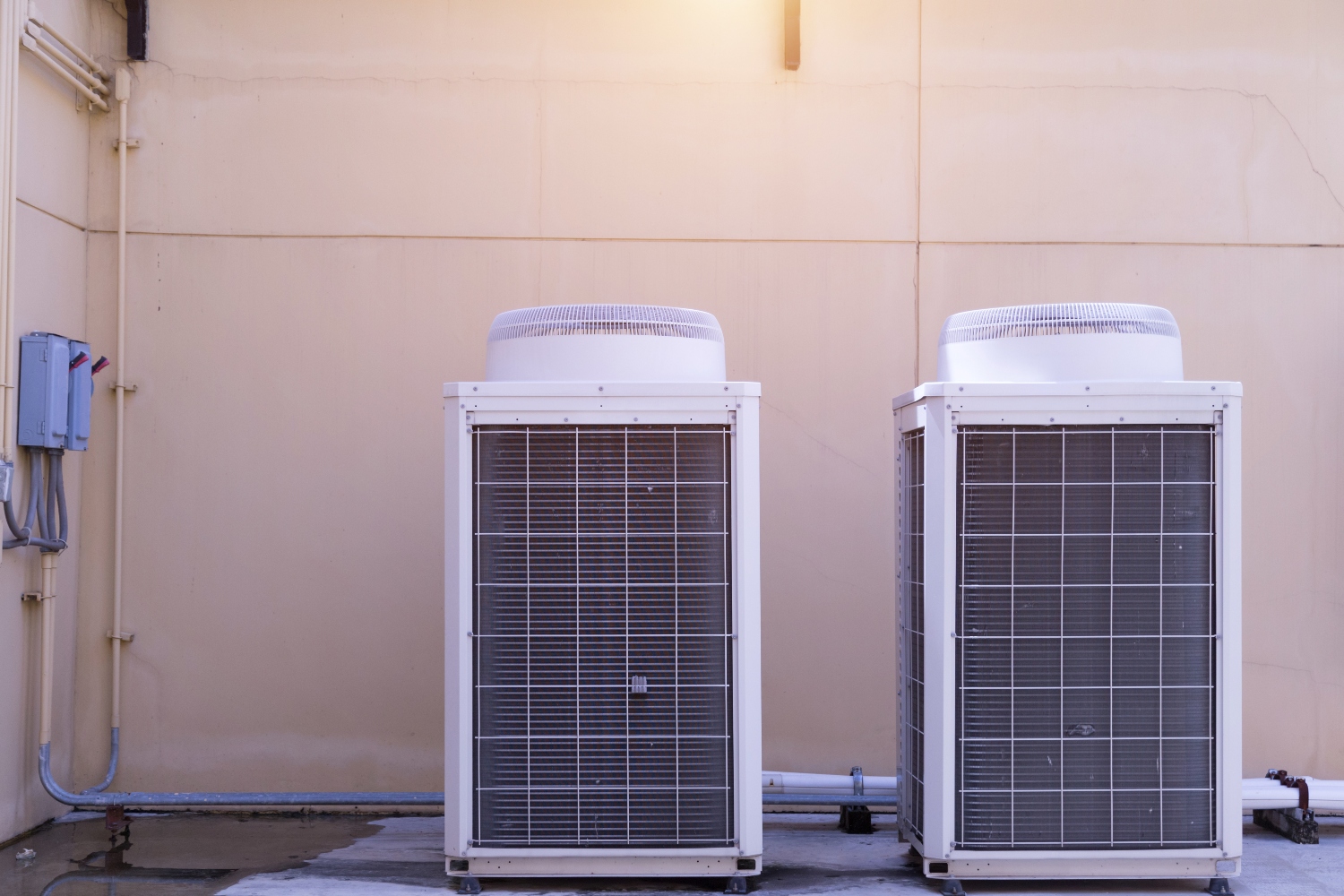
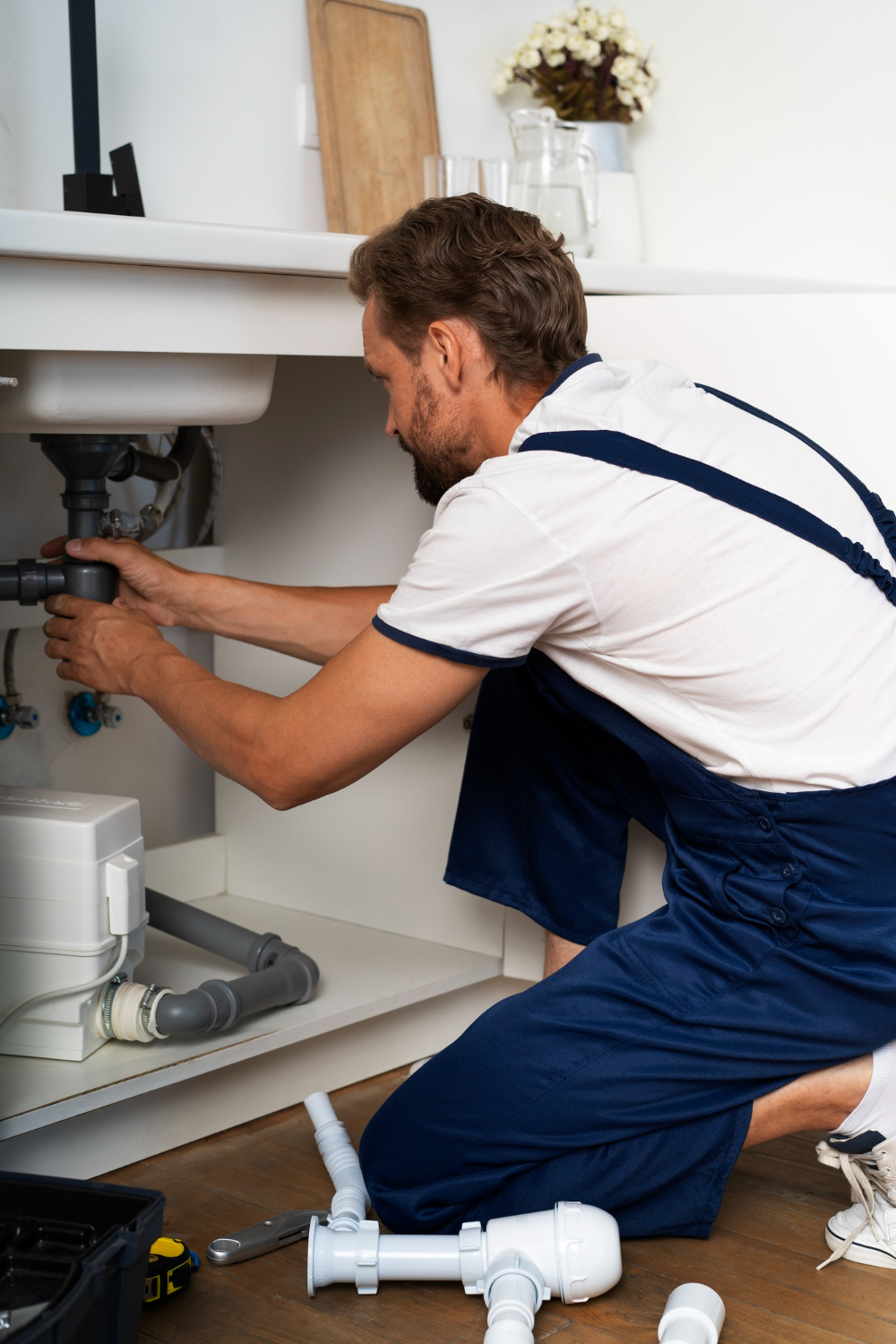
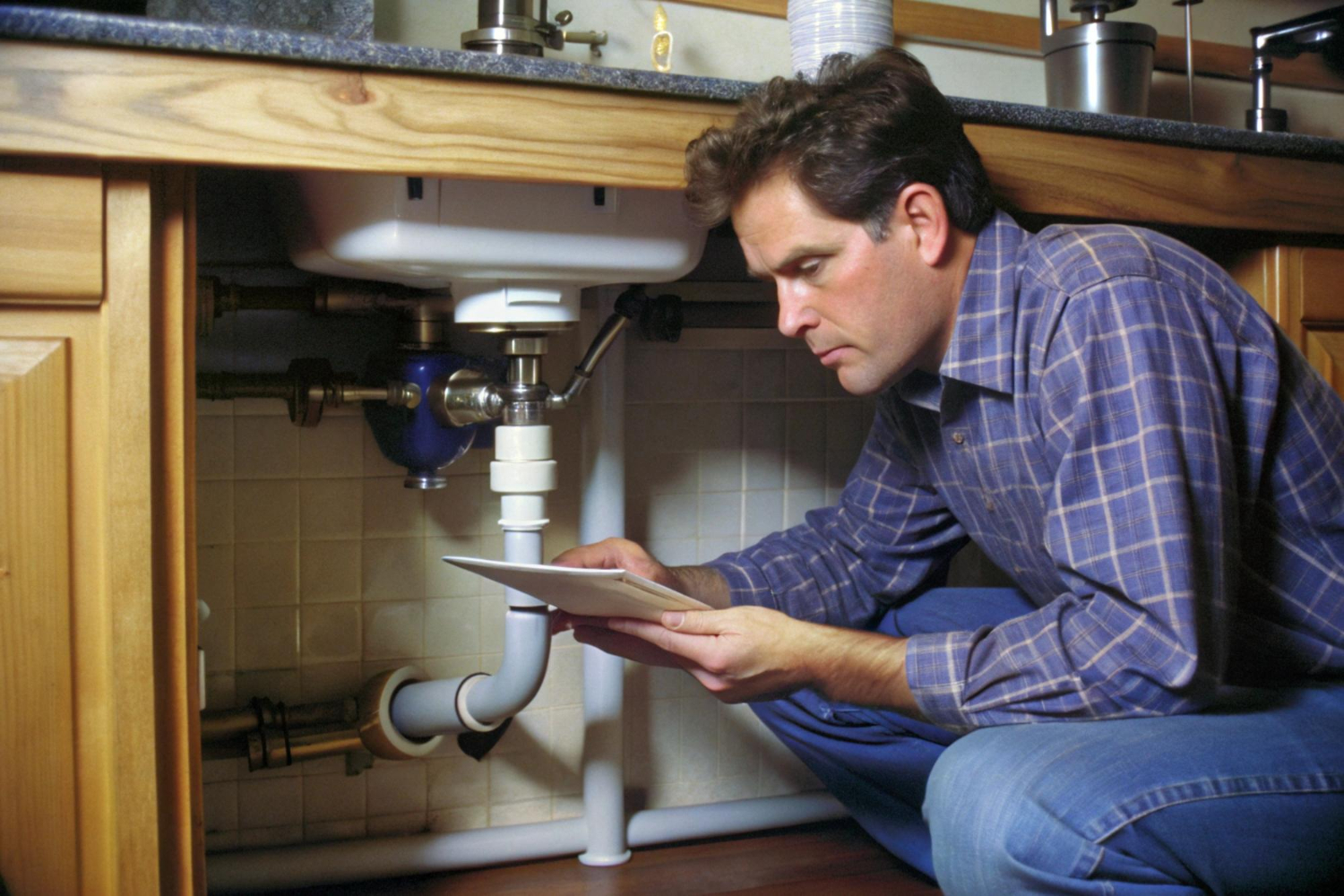
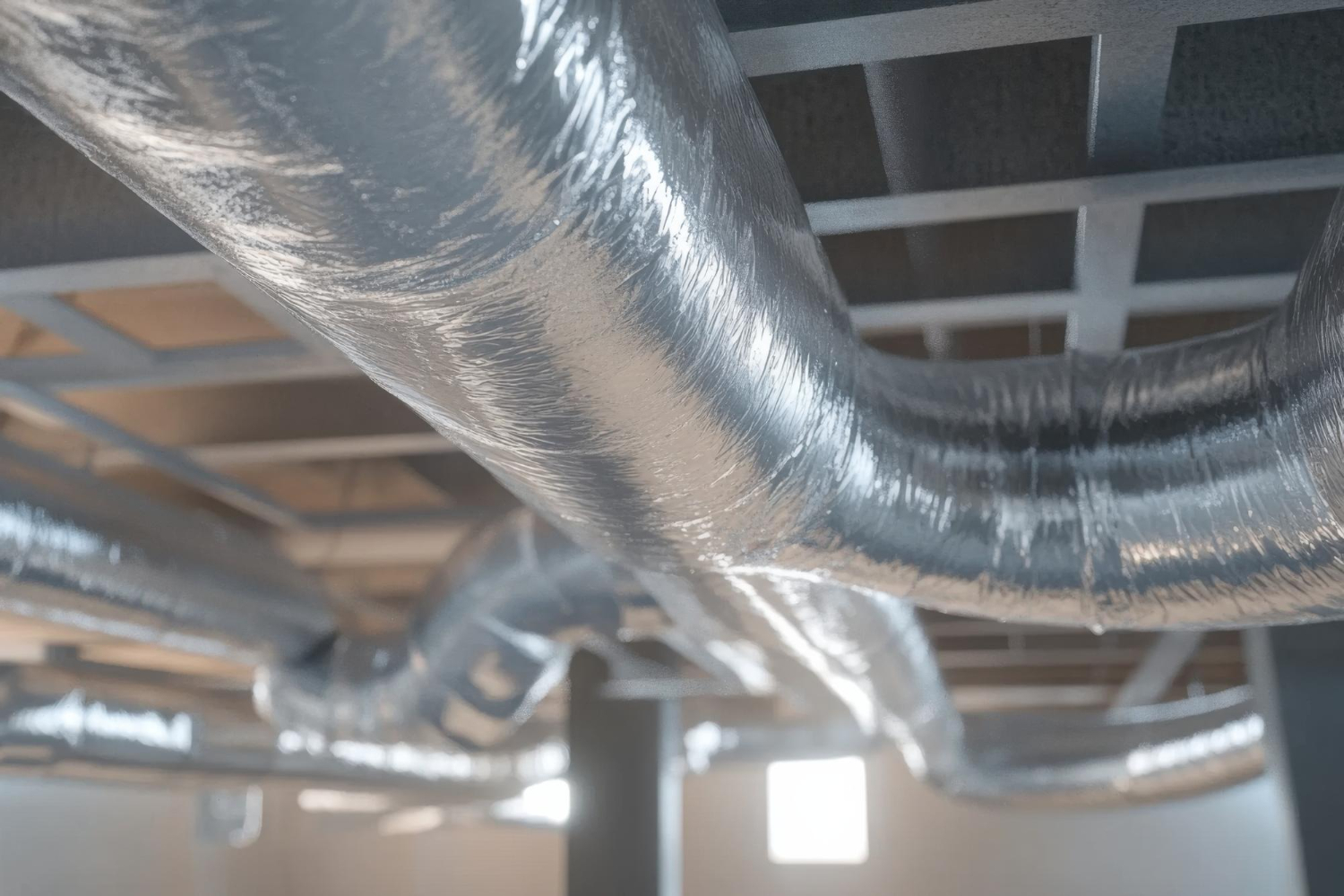
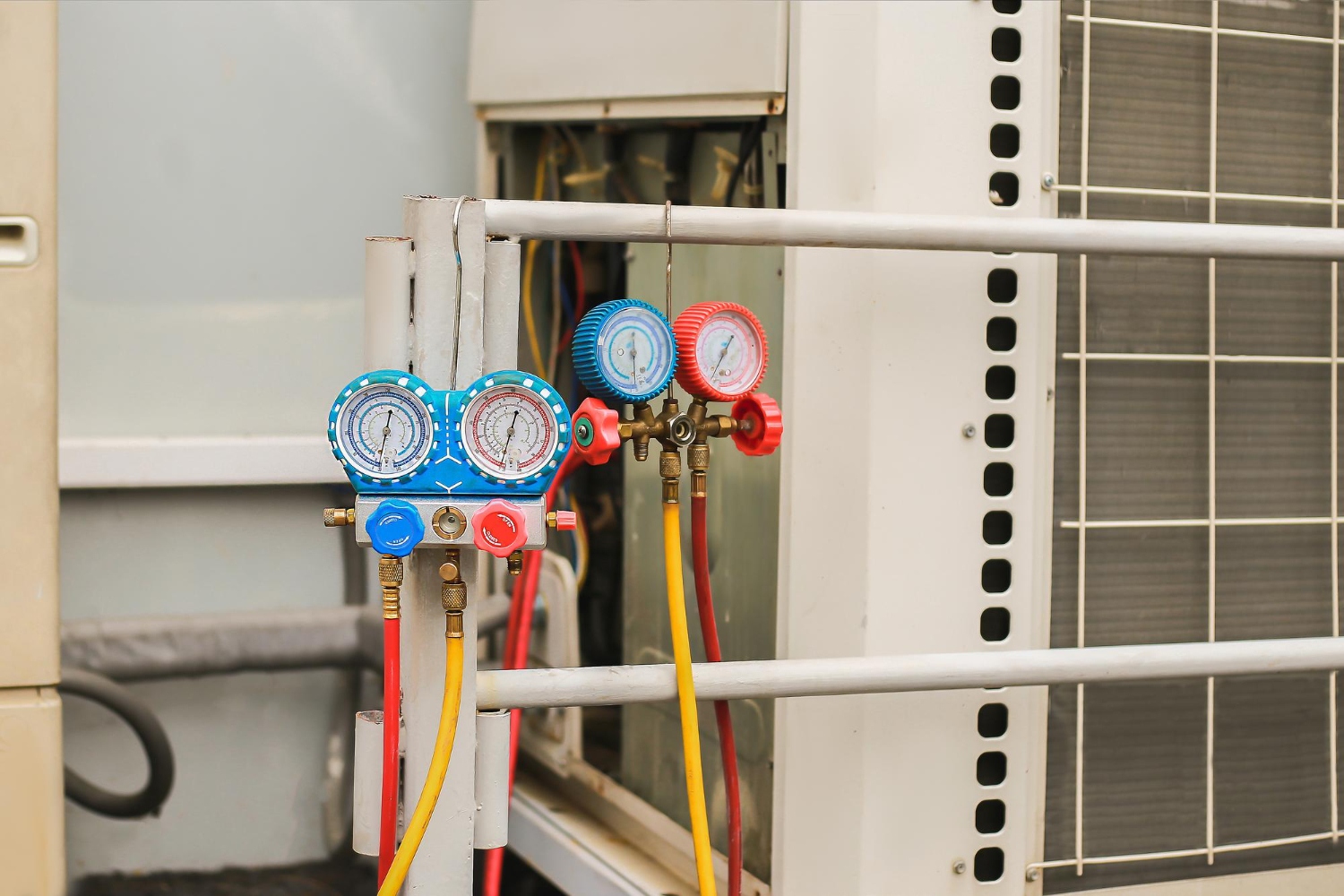
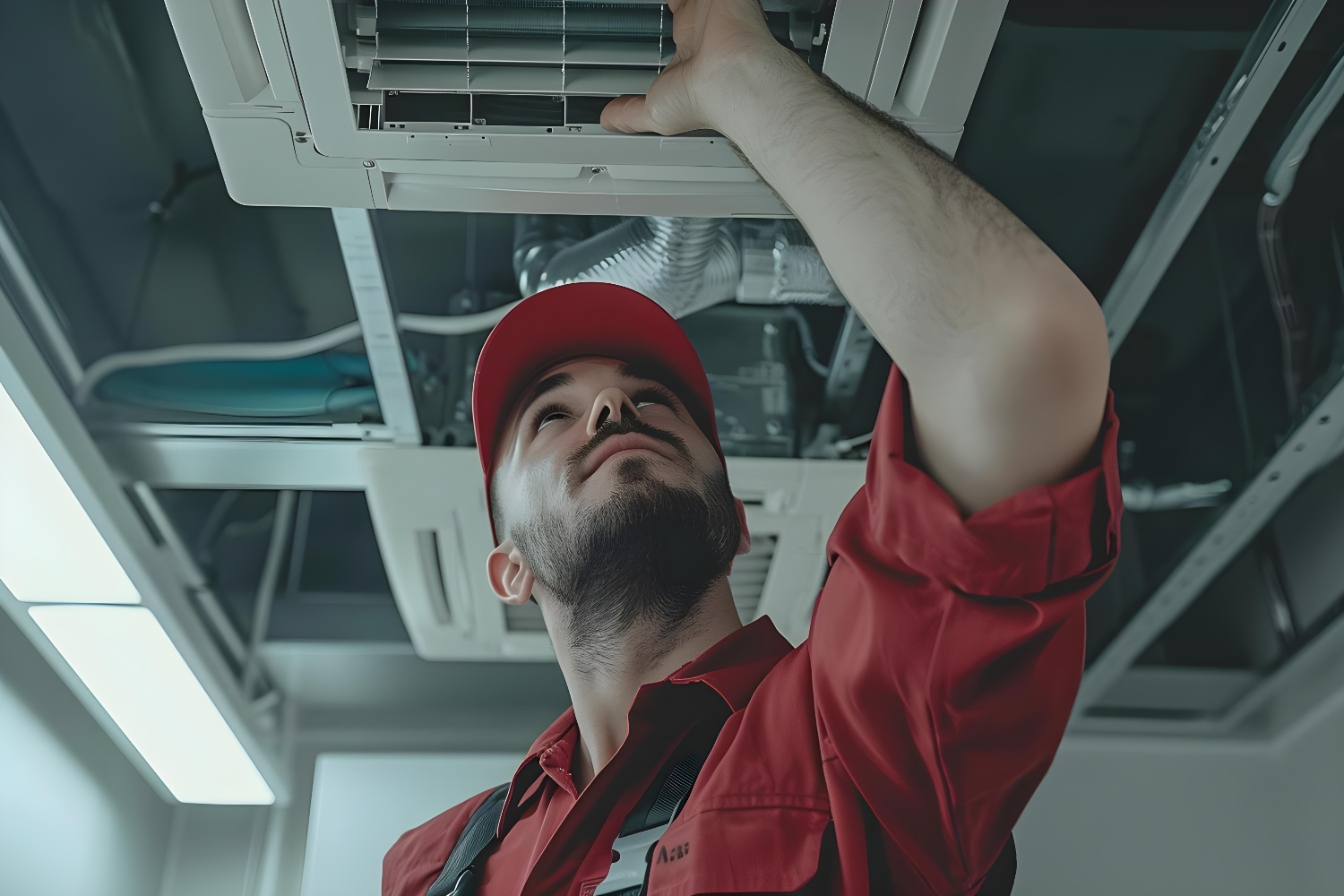
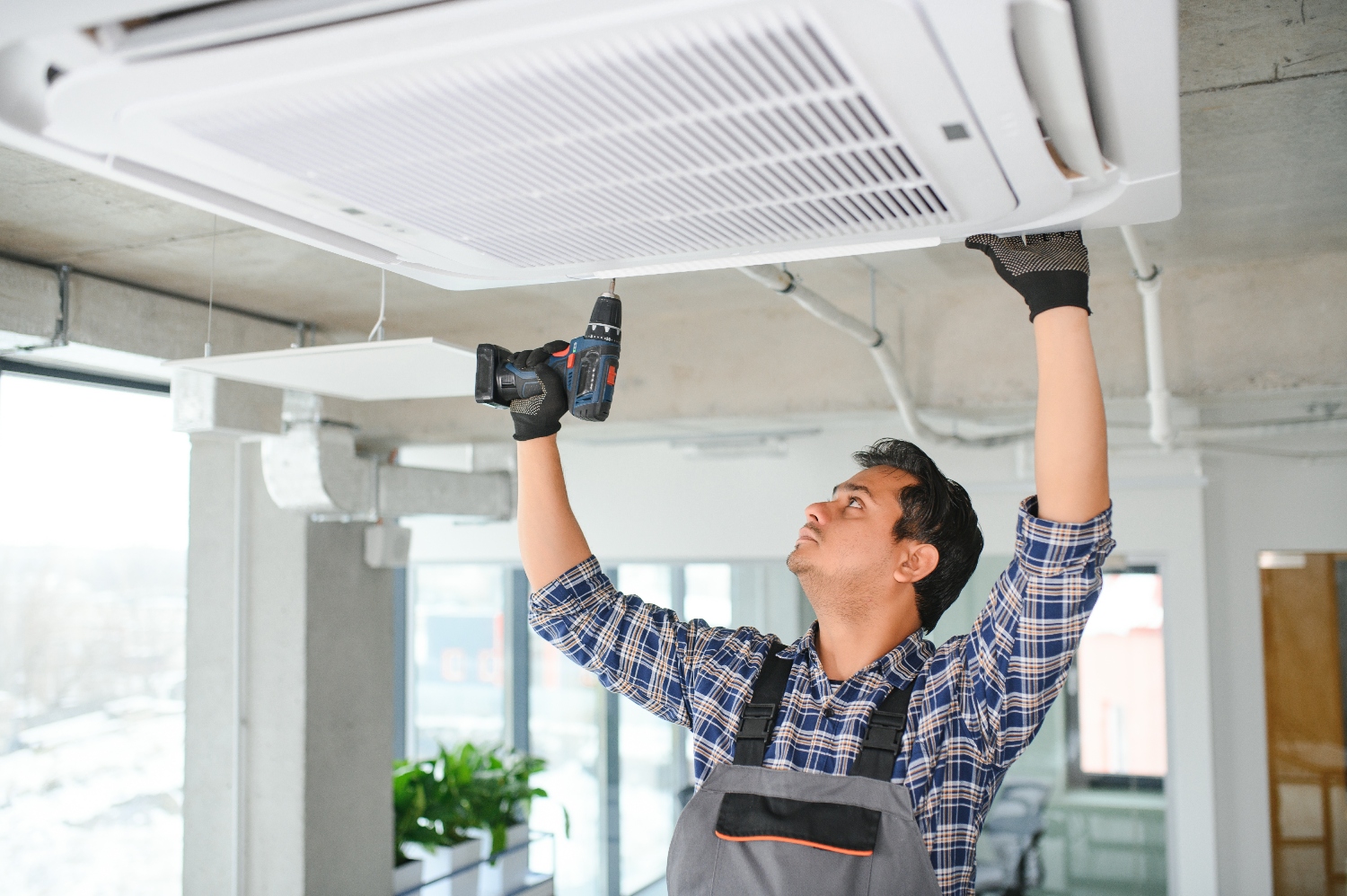
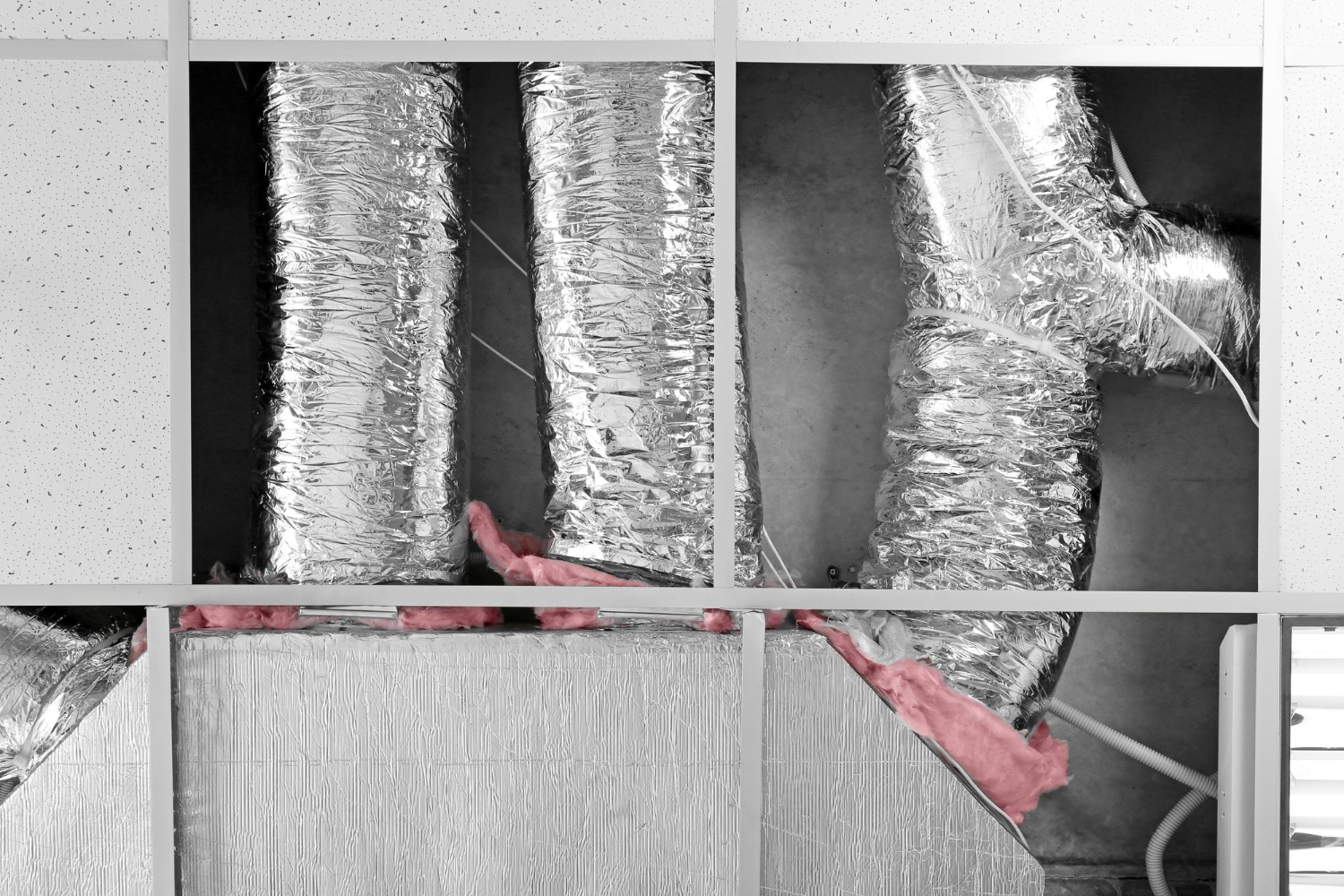































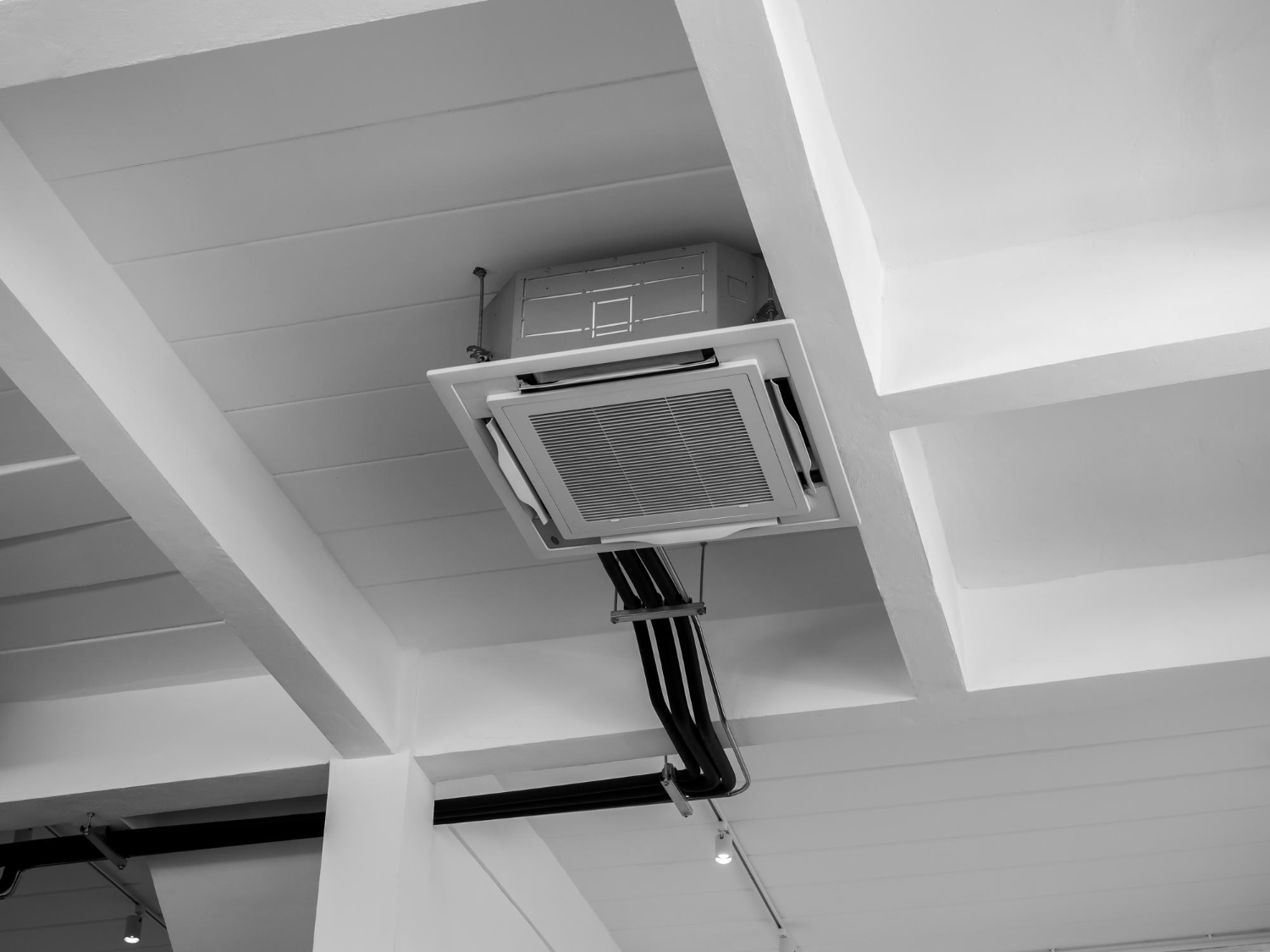




























.jpg)
.jpg)

.jpg)
.jpg)




















